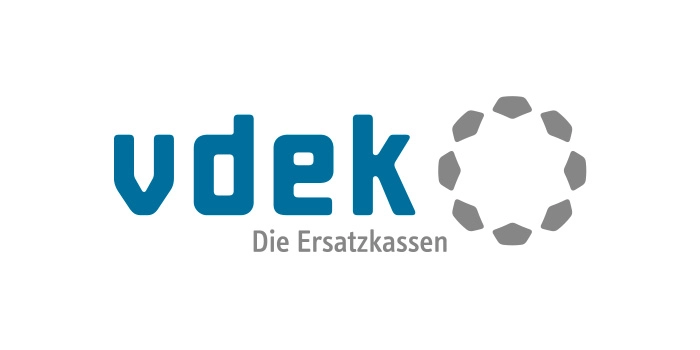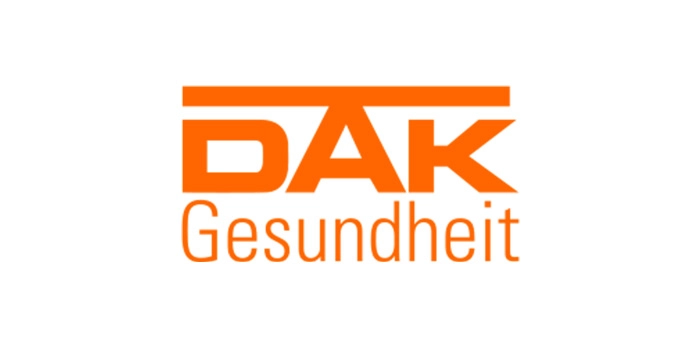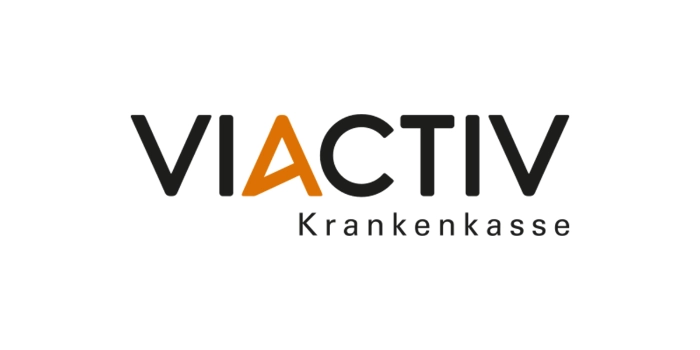service | msg rethink compliance
Leverage automation, AI, and cloud services to make your compliance faster, leaner, and future-ready – with full control and minimal effort.
solution | msg rethink compliance
Streamline compliance with AI-driven monitoring and analysis, keeping your policies aligned with regulatory changes across multiple jurisdictions. Enhance your anti-financial crime strategies efficiently.
solution | msg rethink compliance
Optimize your compliance processes with AI and automation, enhancing accuracy, reducing costs, and streamlining workflows in AML and KYC strategies.
solution | msg rethink compliance
Streamline compliance with AI-driven monitoring and analysis, keeping your policies aligned with regulatory changes across multiple jurisdictions. Enhance your anti-financial crime strategies efficiently.
solution | msg rethink compliance
Say goodbye to static customer groups: With dynamic segmentation based on real behavioral data, your AML monitoring becomes sharper and more efficient.
solution | msg rethink compliance
Confidently implementing sanctions requirements – with structure and foresight. We support you in applying the EBA guidelines effectively – from governance and risk analysis to technical implementation.
Automation
From classic process automation to cognitive automation and intelligent agents. Discover the full range of services offered by msg.
Artificial Intelligence
Agentic Process Automation (APA) integrates intelligent, self-learning agents into your process landscape. They perform tasks autonomously, increase efficiency and flexibility, and make your processes future-proof.






















